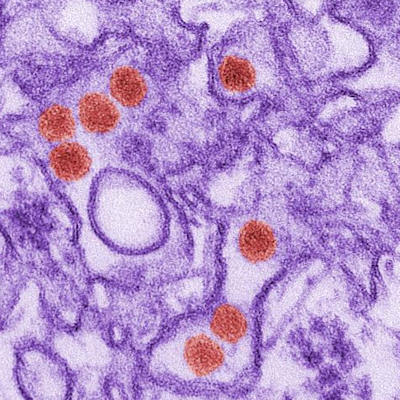 Genomics profiling reveals how Zika infects immune cells, suggests antiviral target
Genomics profiling reveals how Zika infects immune cells, suggests antiviral target
A genomics profiling method has revealed how the Zika virus infects human dendritic cells, pointing to a potential target for therapeutic suppression of the pathogen. Read More
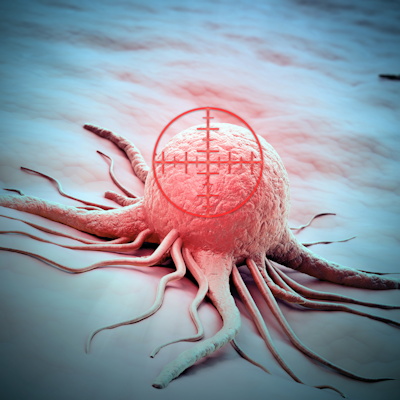 Inhibiting white blood cell enzyme reduces lung metastases in mice: study
Inhibiting white blood cell enzyme reduces lung metastases in mice: study
Researchers at The Wistar Institute and Jubilant Therapeutics have found an enzyme in neutrophils that promotes tumor growth and metastasis, pointing to a new way to treat cancers. Read More
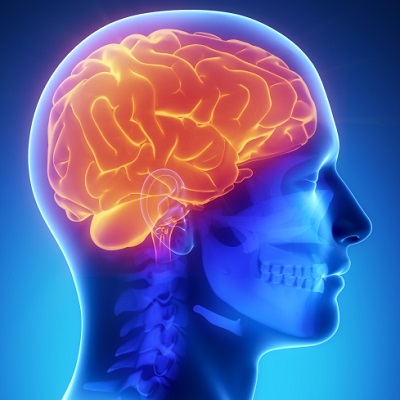 Link between ion channel and cholesterol in brain may lead to novel treatments for Alzheimer’s
Link between ion channel and cholesterol in brain may lead to novel treatments for Alzheimer’s
Mechanical forces and tissue functions influence the morphology of the developing brain, according to University of California, Irvine researchers, who also discovered a direct link in neural stem cells between Piezo1 -- a mechanically-activated ion channel -- and intracellular cholesterol levels during neural development. Read More
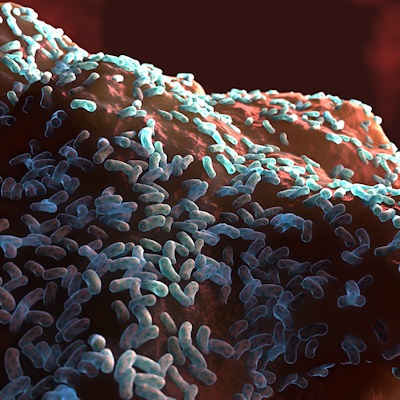 Stanford scientists create synthetic microbiome
Stanford scientists create synthetic microbiome
Stanford University researchers built a complex and well-defined synthetic microbiome with 100 bacterial species that they successfully transplanted into mice. The creation of the synthetic microbiome means the scientists will be able to add, remove, and edit individual species so they may better comprehend the links between gut microbiome and health. Read More
 Akadeum looks to advance the cell separation process with microbubbles
Akadeum looks to advance the cell separation process with microbubbles
Microbubble technology offers researchers the ability to perform cell separation without a column or magnet, generating higher yield and faster turnaround times, according to Akadeum Life Sciences CEO Brandon McNaughton who spoke with ScienceBoard.net about the company's technology. Read More
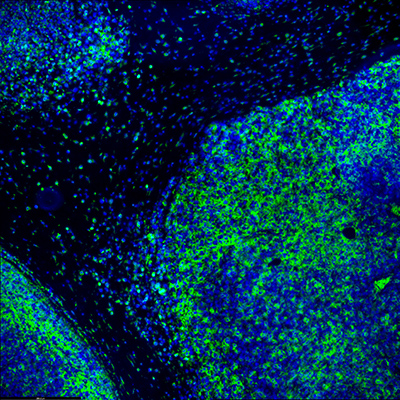 Stanford platform improves hunt for antigens that trigger strong immune responses
Stanford platform improves hunt for antigens that trigger strong immune responses
Researchers at Stanford University have developed a method for making faster, more accurate predictions of which antigens will trigger a strong immune response. Their work could help scientists develop more effective cancer immunotherapies. Read More
 Imaging technique reveals previously unseen nanostructures in brain tissue
Imaging technique reveals previously unseen nanostructures in brain tissue
Swellable hydrogels have enabled researchers to “decrowd” biomolecular structures in cells and tissues, revealing previously hidden nanostructures and providing imaging of the structure of Alzheimer’s-linked amyloid beta plaques in greater detail than has been possible before. Read More
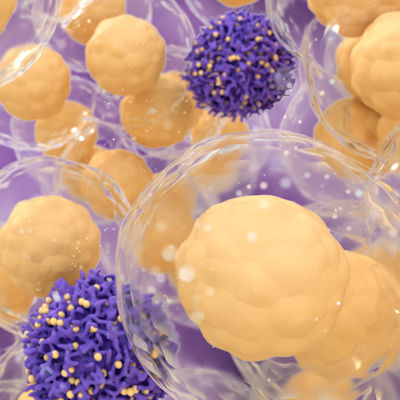 Oncolytic virotherapy, immunotherapy combo shows promise for treatment-resistant cancers
Oncolytic virotherapy, immunotherapy combo shows promise for treatment-resistant cancers
A combination of oncolytic virotherapy, a technique using cancer-fighting viruses, acting in concert with immunotherapy shows promise for treatment-resistant cancers, according to new research. Read More
 CRISPR reveals way to enhance the function, persistence of CAR T-cell therapies
CRISPR reveals way to enhance the function, persistence of CAR T-cell therapies
The use of CRISPR knockout screens have uncovered a new regulator of immunity that could enhance the function and persistence of anticancer T-cell therapies, according to a study published on August 24 in the journal Nature. Read More
 Biomolecular condensates could transform drug discovery, says Dewpoint Therapeutics
Biomolecular condensates could transform drug discovery, says Dewpoint Therapeutics
Boston-based biotech company Dewpoint Therapeutics contends there are untapped opportunities for targeting biomolecular condensates to develop therapeutic agents for a wide array of diseases, potentially transforming the drug discovery process. Read More
Conferences
Science Briefs
Member Rewards
Earn points for contributing to market research. Redeem your points for merchandise, travel, or even to help your favorite charity.
Research Topics
Interact with an engaged, global community of your peers who come together to discuss their work and opportunities.
Connect
Tweets by @ScienceBoard






